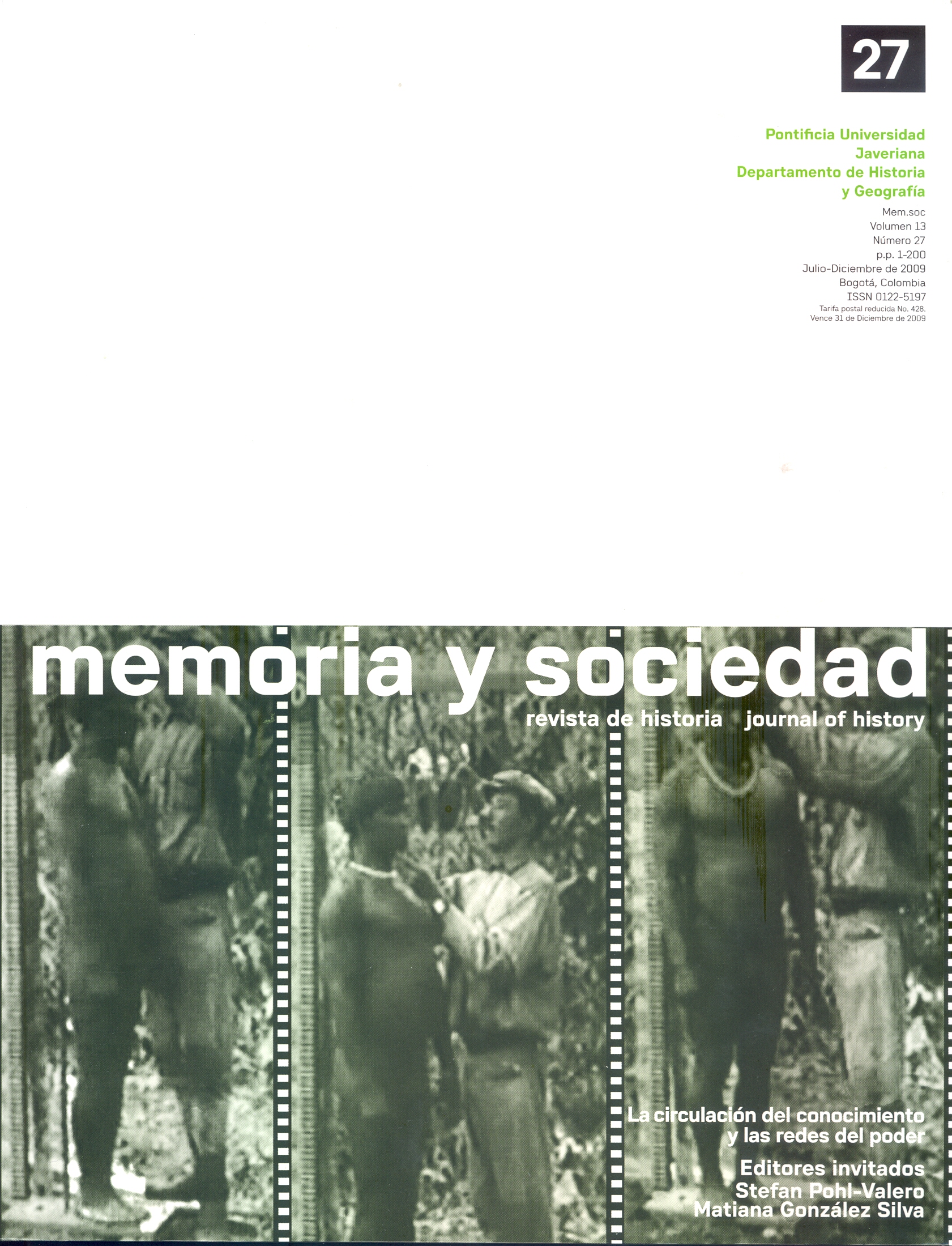Resumen
El artículo analiza los procesos de comunicación y apropiación de la termodinámica en la España de la segunda mitad del siglo XIX, abordando las leyes de la termodinámica como artefactos culturales utilizados de forma activa y creativa por diferentes actores históricos. Se destaca que estas leyes adquirieron múltiples significados que sirvieron para articular diferentes discursos sociales relacionados con el ejercicio del poder. A partir de una reflexión metodológica sobre la forma de hacer historia de la ciencia en los llamados contextos periféricos y de un estudio de caso concreto, este trabajo trata de realizar un aporte al debate sobre la naturaleza de la actividad científica, destacando las posibilidades metodológicas y analíticas que ofrece asumir esta actividad como un proceso global de comunicación y apropiación. A lo largo del artículo, se sugiere cómo la historia de la ciencia, desde esta perspectiva, puede ayudar a superar la vieja tradición historiográfica de buscar en el pasado héroes científicos locales y de analizar, a partir de las disciplinas científicas actuales, la “calidad” de su asimilación de teorías científicas internacionales.La revista Memoria y Sociedad se encuentra registrada bajo la licencia Creative Commons Reconocimiento 4.0 Internacional. Por lo tanto, esta obra se puede reproducir, distribuir y comunicar públicamente en formato digital, siempre que se reconozca el nombre de los autores y a la Pontificia Universidad Javeriana. Se permite citar, adaptar, transformar, autoarchivar, republicar y crear a partir del material, para cualquier finalidad (incluso comercial), siempre que se reconozca adecuadamente la autoría, se proporcione un enlace a la obra original y se indique si se han realizado cambios. La Pontificia Universidad Javeriana no retiene los derechos sobre las obras publicadas y los contenidos son responsabilidad exclusiva de los autores, quienes conservan sus derechos morales, intelectuales, de privacidad y publicidad.
El aval sobre la intervención de la obra (revisión, corrección de estilo, traducción, diagramación) y su posterior divulgación se otorga mediante una licencia de uso y no a través de una cesión de derechos, lo que representa que la revista y la Pontificia Universidad Javeriana se eximen de cualquier responsabilidad que se pueda derivar de una mala práctica ética por parte de los autores. En consecuencia de la protección brindada por la licencia de uso, la revista no se encuentra en la obligación de publicar retractaciones o modificar la información ya publicada, a no ser que la errata surja del proceso de gestión editorial. La publicación de contenidos en esta revista no representa regalías para los contribuyentes.


